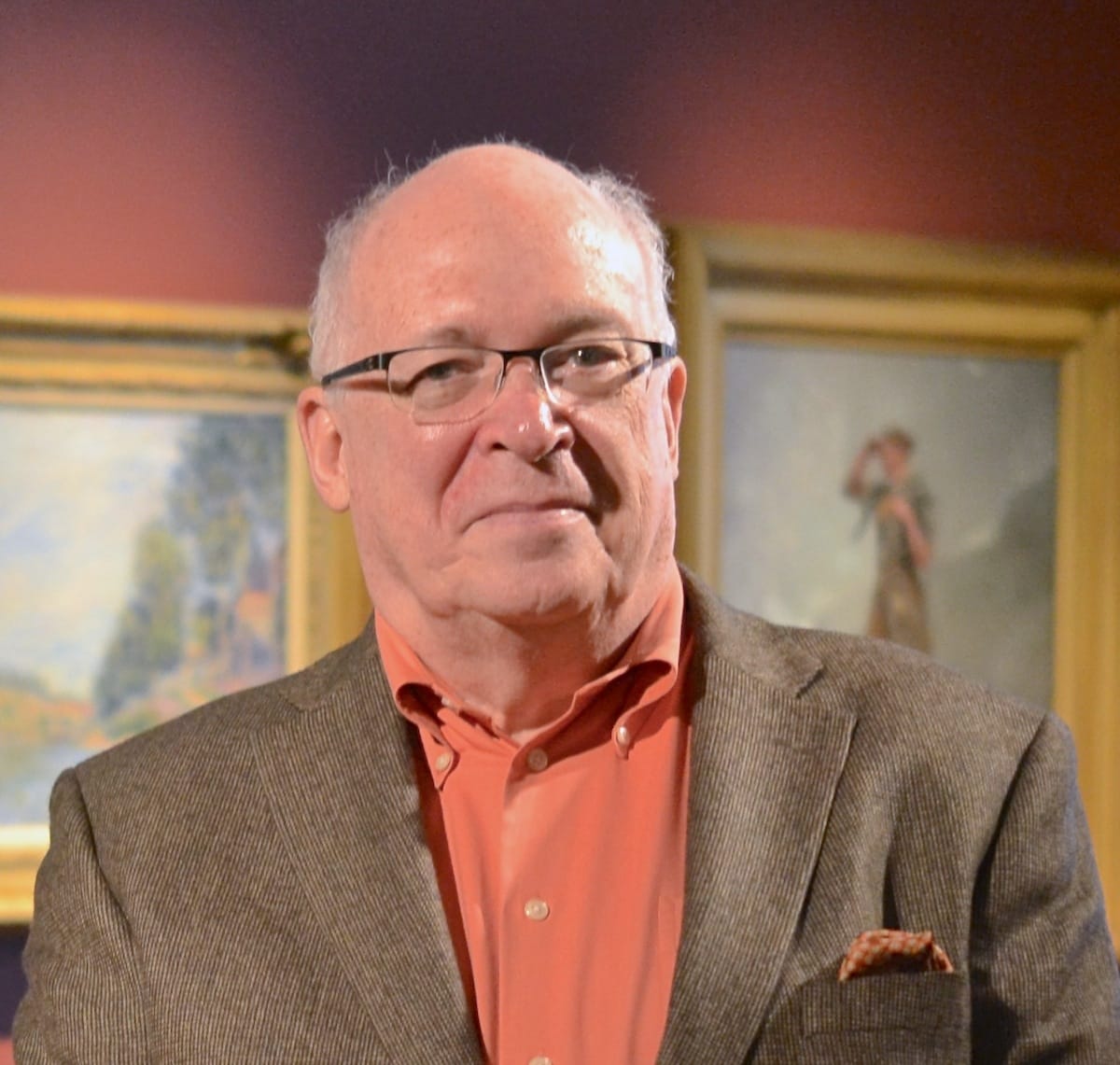“When Paris Went Dark:” A Fresh Look at the City of Lights

Good books are apt to attract a lot of press attention, and books with dramatic titles and beloved subjects are even likelier attention-grabbers. Professor of French and European Studies Ronald C. Rosbottom’s recent book “When Paris Went Dark” is no exception.
“When Paris Went Dark” is a description of France’s capital city under the Nazi occupation during the years of 1940 to 1944. In his text, Professor Rosbottom explores the darkening effect the Nazi Occupation placed on Paris by showcasing quotidian life of the city’s residents. Rosbottom shows that the German war machine affected the day-to-day functioning of the typical Parisian café-goer rather quickly. With automobiles forbidden and a nightly curfew, the city’s legendary bustle was, in effect, silenced. In undertaking the writing of this book, Rosbottom said he aimed “to educate English readers with something the French [already] know a lot about.”
Many students are first acquainted with the acclaimed professor while taking his First-Year Seminar Pariscape. The course, a student favorite for 15 years, describes the city from the perspectives of the many writers, painters, philosophers and social commentators enamored with it. During the course, numerous students ask the same question: “How did people live under the Nazi regime in Paris?” Professor Rosbottom remembers the book’s inception with laughter: “Questions started coming up [during the course], and before I knew it, I was writing a book!” he said.
Although Rosbottom spent most of his adult life in Paris, research for the book took eight years, and its actual writing took two. “Amherst College is very generous to its scholar-teachers,” he said, referencing the school’s financing of his many extensive trips to the book’s eponymous city, a special sabbatical reserved for professors after six semesters of teaching and the research process itself. He and his assistants pored over archives, private memoirs, letters, diaries, novels, films and newspapers, even interviewing 25 people who lived through the Occupation. Commenting on what makes “When Paris Went Dark” different from other texts on the same topic, he said, “I was aiming for my book to not be a traditional historical analysis but rather a more sociological, if you wish, a cultural analysis of what went on.”
The book achieves that fully, showing how the day-to-day life of Parisians changed, from nighttime blackouts and the automobile ban to teenage rebellion and closed metro stops. He also explores the French police’s racial policy and the feminine feel that overcame the city when many Parisian men were imprisoned. He emphasizes that the spirit of Paris did not change, but for a reason one might not expect: the Germans wanted to send a specific message to the world — they may have been Nazis, but they were very good at conserving Parisian culture, even though places like jazz clubs and houses of prostitution were forbidden in Germany itself. Rosbottom called “When Paris Went Dark” a history of two opposing cultures looking at each other and thinking, “How do I live with these people?”
The most memorable stories from the book, said Rosbottom, were “about how people hid or escaped,” specifically Jews who survived by constantly moving around, getting protection or being lucky. “French Jews thought they would be protected,” he lamented, “but the saddest story was when the Germans imposed the wearing of the yellow star in June of 1942 to anyone above the age of six. To see children with stars on was moving, very moving.”
To this day there are traces of Nazi occupation in Paris in small plaques on buildings that give “different streets different stories,” Rosbottom said. For a long time, this time in Parisian history was hushed because, Rosbottom noted, “it is as important for a nation, unfortunately, to control its history as it is to control its borders.” By the 1970s people were ready to talk about it. The Occupation “is still an important element of collective memory [of Parisians],” Rosbottom said.
“When Paris Went Dark” aims to remind its audience to not judge those in the difficult position of choosing protect their neighbors or to expose their secret, to rebel against enemy forces or to comply with their demands. Rosbottom hopes to face the readers with an uncomfortable question: “What would you have done?”
In reflecting upon the writing process, Rosbottom said he wrote countless drafts. “The best thing about writing is rewriting,” he joked. “Sending someone a first or second draft is suicidal!” On a more serious note, he remembered previous interviews and reviews, which have been remarkably different for this very public book than for academic journals. He commented on the reactions people have had, saying “there is no better feeling than writing something and having someone read it and tell you it’s good.”
When asked about his future plans, Rosbottom said he has made no decisions about writing another book. Right now, he will finish his promotions (next up is an interview on C-SPAN 2 and with the Smithsonian) and continue teaching at the College. People who read “When Paris Went Dark” have sent him handwritten letters about events in the book that jog their own childhood memories or phrases they heard their grandparents say about their experience in Occupied Paris. He joked that eventually he will have enough new material to publish a sequel called — what else? — When Paris Went Darker.





Comments ()